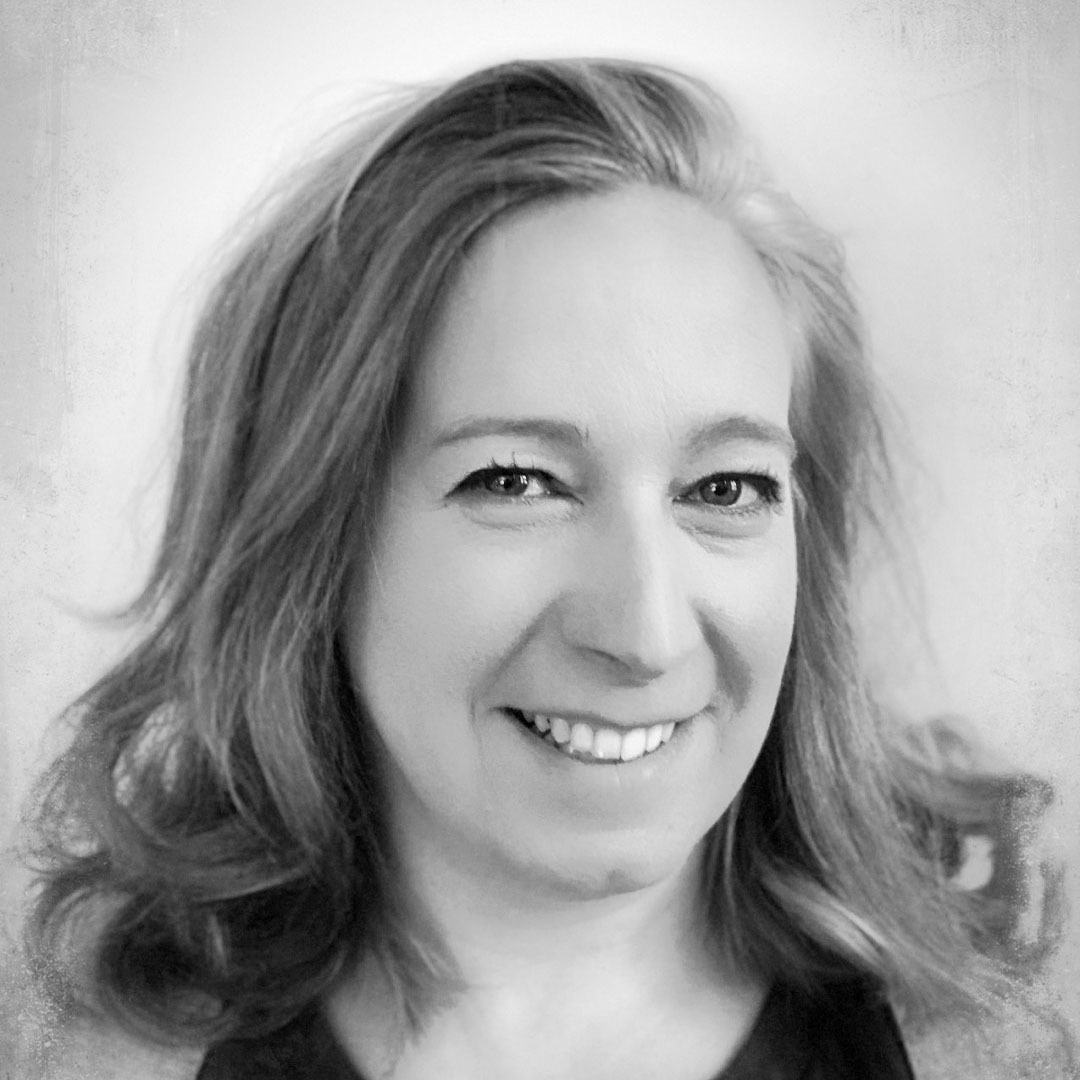Caroline Newton
Caroline Newton is an architect, urban planner and political scientist. Her work and research focuses on the socio-spatial dimensions of design and critical spatial practices in Europe and the Global South. Her research interests are centred on the interrelationship between social processes and the built environment.
Caroline obtained a PhD in Geography at the University of Leuven. An analysis of several neighborhoods in and around Cape Town, South Africa, provided an insight into the specific dialectic between housing initiatives and the emergence of social networks and how, and if, this relation is essential for an individual’s social mobility. The research is grounded in solid theoretical foundation, using concepts and theory from Foucault and Bourdieu (amongst others).
After the completion of the PhD Caroline has worked on (informal) dwelling and participatory upgrading, the challenge of design and planning in post-colonial environments and also on the methodological and pedagogical challenges of a ‘designerly way of knowledge production’.
Additionally, she has written on integrating real and virtual words and their role for architecture and architectural education.
She has taught courses on participatory processes and design, urban planning, socio-spatial planning, sociological concepts for spatial designers, design studio’s on building and urban design in Europe and the Global South. Today, next to running design studio’s, she is teaching theory and methods in urban design and critical urban theory in architecture.
Her work and research illustrates that she is very passionate about encouraging social change and providing young people with the necessary tools and knowledge to act on that. She has worked with communities in South-Africa, Thailand, Cambodia and Colombia on the transformations they have been confronted with during times of transitions (eg. Apartheid-post-apartheid, post-war situations (Cambodia), …).
Caroline is a member of the editorial board of the Journal of Housing and the Built Environment and an expert on socio-spatial planning in the GECORO (urban planning advisory committee) of the city of Mechelen.
In 2019 she received the Van Eesteren fellowship at the TU Delft, where she is an associate professor. The fellowship allows her to put spatial justice on the planning and design agenda. The five year fellowship will generate insight in and understanding of (1) how informality (in is different forms) impacts social justice, (2) how we can revaluate vulnerability as a core aspect of a (more) human and just urban world and (3) inspire a framework for transition that is unapologetically inclusive.




